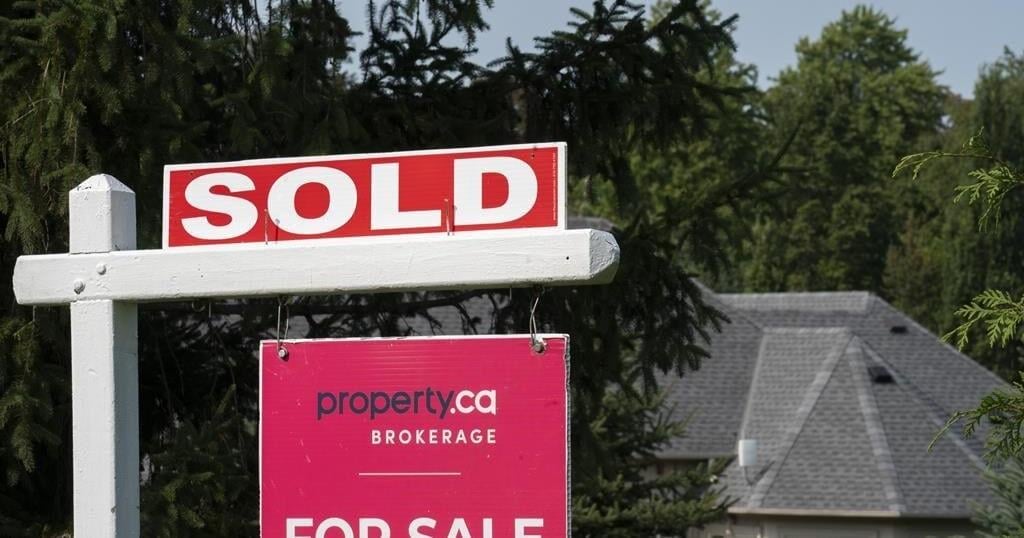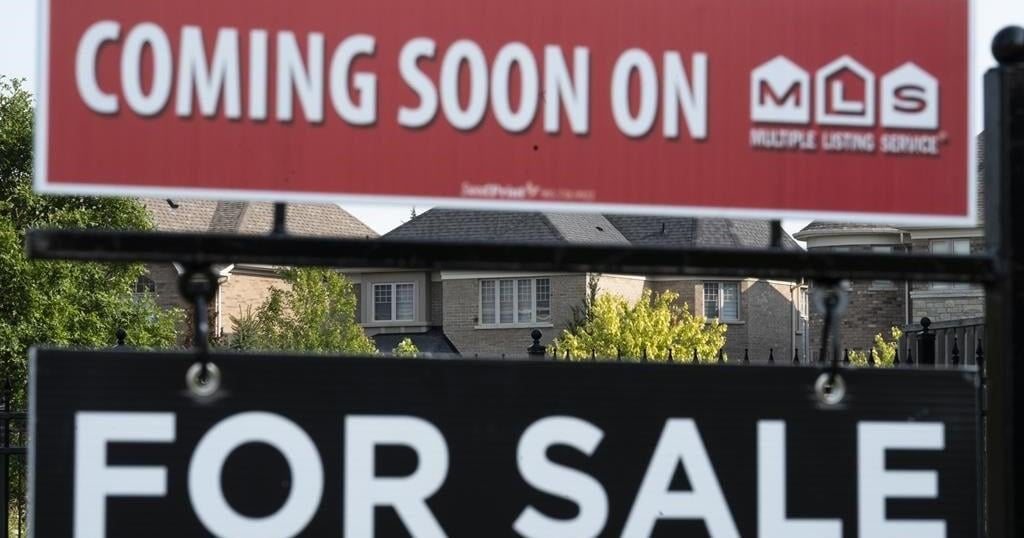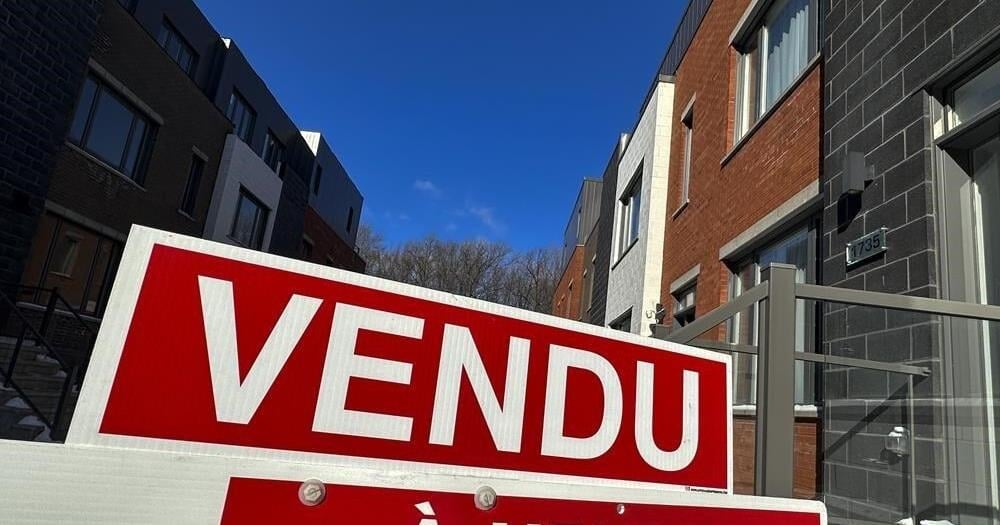BRYNN LACKIE
Love it or hate it — whether you’ve witnessed the meteoric rise in your property’s value over the past decade, or felt the deep frustration of wondering if you’ll ever be able to afford a home in the city — there are few among us without a strong opinion.
That was the case long before the city came to a grinding halt in the face of COVID-19.
Today, in the midst of these “uncertain times,” most of us find ourselves at home, wondering what post-lockdown life is going to look like.
And while there is no shortage of opinions – everywhere, from everyone – the real estate hot takes are especially interesting.
That’s because they are all over the place.
Some say that what was poised to be the hottest spring market on record is just on pause, and will reactivate the moment eager buyers and sellers are released from quarantine.
Others forecast a much bleaker picture than “business as usual.”
Surely, Toronto real estate can’t emerge unscathed from a global economic downturn with historic unemployment numbers, and questions about if and when the virus’ next wave will hit?
Will it mirror the fall and recovery of the great recession of 2008-09?
While there is no shortage of educated people with intelligent opinions, we just don’t know yet.
Given that the definition of “market value” is what a given property will sell for on the open market, we will need the real estate market to open up again, before we can get any real sense of our new normal with respect to house prices and property values.
In the meantime, there have been some government decisions made in response to the COVID-19 pandemic that are already having an impact on the here and now.
After years of historically low vacancy rates on the rental market, largely attributed to investor-owners experiencing bank-robber returns through short-term rentals, the lockdown had an immediate impact.
Suddenly investors have unrentable units to carry.
Almost immediately Craigslist and Kijiji were flooded with new rental apartments.
For renters who have been forced to endure once-inconceivable bidding wars on apartments approaching peak unaffordability, this is great news.
More supply means less demand – you can expect prices to adjust accordingly.
Even without a crystal ball, we can certainly expect to see an immediate impact on the condo market.
Those same investor-owners are suddenly entering their second month of lockdown with no clear end in sight.
Mortgage relief options are limited for non-principal residences, and the short-term rentals that used to cover costs and then some are now banned outright in the province.
Many investors will find they have no alternative but to offload, so it would be entirely reasonable to expect a rise in “distress sales.”
Even pre-construction condominiums will surely take a hit as buyers under contract, now experiencing lost earnings and unemployment, may no longer qualify for financing and could be unable to close on their deals.
Is this bad news?
For some it’s not great.
But is it opening up a wedge of opportunity for buyers and renters who have long needed a break? Absolutely.
So, while we have all surely lost patience with false optimism in the midst of this pandemic, everything isn’t completely awful.
— Lackie, a second-generation sales representative, has been with Chestnut Park Real Estate, helping her clients navigate the challenging Toronto market since 2011. @brynnlackie






















